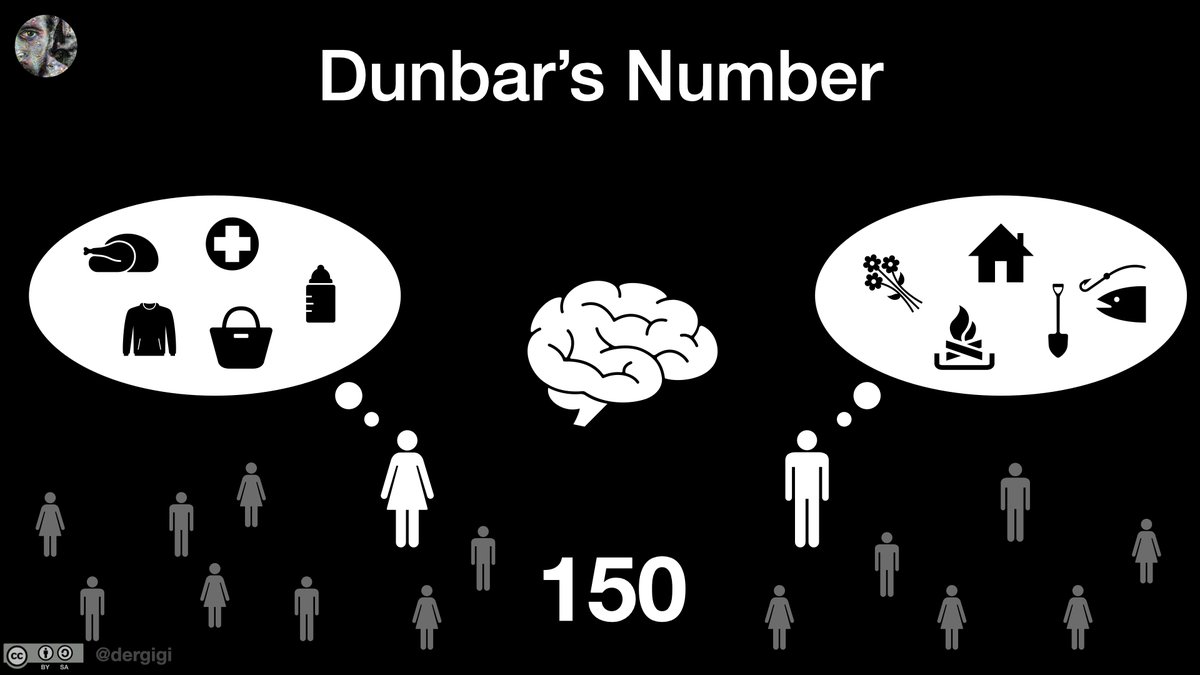
Ledgers require time, and time requires heat.
It is no accident that the 2nd law of thermodynamics is the only equation of fundamental physics that knows any difference between past and future. 

Because of this, I am convinced that proof-of-work is the only way to introduce time into the timeless digital realm.
Everything else relies on external factors and is bound to collapse once these external factors provide false inputs.
Everything else relies on external factors and is bound to collapse once these external factors provide false inputs.
It goes even deeper than that: The problem of synchronizing clocks is ultimately an insoluble one. Bitcoin offers a practical solution to this impossible problem.
You can not solve this problem without introducing a new arrow of time, a distinction between past and future.


You can not solve this problem without introducing a new arrow of time, a distinction between past and future.



The link between time and heat is fundamental: without heat, a distinction between past and future is impossible.
Without a distinction between past and future, a ledger - something that keeps track of things - is impossible.
Without a distinction between past and future, a ledger - something that keeps track of things - is impossible.
Once you understand the profundity of the problem, the beauty of Bitcoin's probabilistic solution becomes obvious.
Synchronization via a difficulty-adjusted proof-of-work is the innovation.
dergigi.com/2021/01/14/bit…
Synchronization via a difficulty-adjusted proof-of-work is the innovation.
dergigi.com/2021/01/14/bit…
• • •
Missing some Tweet in this thread? You can try to
force a refresh








